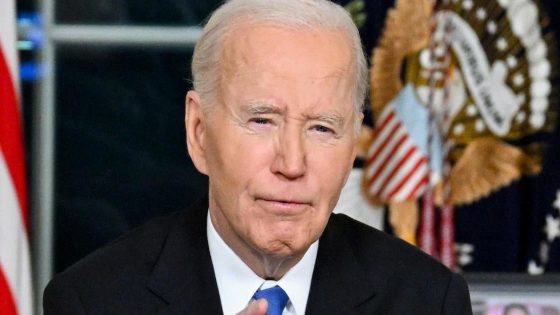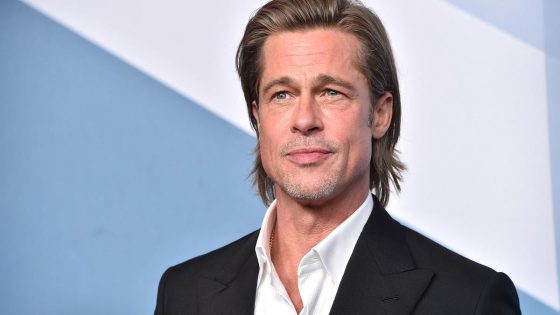On a pivotal Tuesday in January, President Donald Trump took to his Truth Social platform to announce a controversial decision that sent ripples through both political and social circles: he granted a full pardon to Ross Ulbricht, the man deemed the mastermind behind Silk Road, a notorious dark web marketplace. Announcing his decision, Trump shared that he had spoken with Ulbricht’s mother on his first full day in office, reinforcing a commitment he had made during his campaign.
- Trump pardoned Silk Road founder Ross Ulbricht
- Ulbricht was sentenced to life in prison
- Libertarians support Ulbricht's release efforts
- Silk Road facilitated illegal drug transactions
- Ulbricht's site used cryptocurrencies for purchases
- Trump has pardoned about 1,500 individuals
“I had the pleasure to have just signed a full and unconditional pardon of her son, Ross,” Trump stated, reflecting on a bond he felt with Ulbricht’s family. The former president expressed a strong disdain for the prosecution, labeling it an overreach by “the scum that worked to convict him,” and echoed the sentiment that Ulbricht’s life sentence was “ridiculous.”
Ulbricht’s journey from freedom to incarceration began in 2011, when he launched Silk Road on the dark web—a hidden expanse of the internet inaccessible to average search engines. This evidently dangerous marketplace enabled users to buy and sell illicit drugs, weapons, and other unlawful services, all conducted through anonymized cryptocurrency transactions. By the time it was taken down by authorities in 2013, Silk Road had become notorious, with reports tying it to numerous drug-related deaths and implicating Ulbricht in attempts to eliminate those who threatened his enterprise.
In 2015, Ulbricht was sentenced to life in prison without the possibility of parole. Prosecutorial claims suggested he had facilitated at least six overdoses and had amassed nearly $18 million in commissions from drug sales. Despite the severity of the allegations, supporters have continually rallied around him, insisting that the government’s approach was excessively punitive. Even at the Libertarian Party National Convention in May of the preceding year, Trump had publicly pledged support for Ulbricht, a move that played into a larger narrative of criminal justice reform favored by many within the party.
Libertarian activists have frequently held “Free Ross” rallies, claiming that Ulbricht was unfairly targeted by a government overreach. Many viewed his case as emblematic of the broader debate over drug policies and the extent of state power in curbing individual liberties.
As Trump moves forward with his decision, questions remain about the long-term implications for Ulbricht’s case and the public’s perception of both the justice system and the influence of social media in governance. Observers are watching closely, pondering the potential for further actions and the ripple effects across the political landscape as advocacy for Ulbricht gains momentum.
With the legal battles likely still ahead for Ulbricht, this pardon has reignited a complex conversation surrounding the balance between justice, individual liberties, and governmental authority—a discussion that seems far from resolved.

































